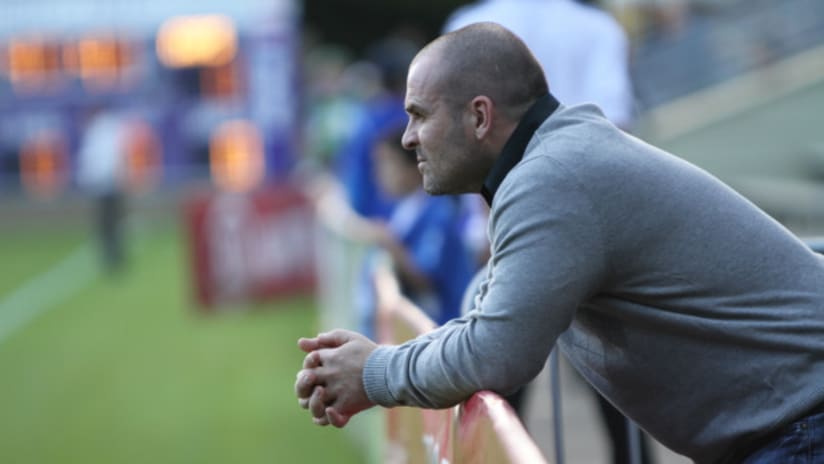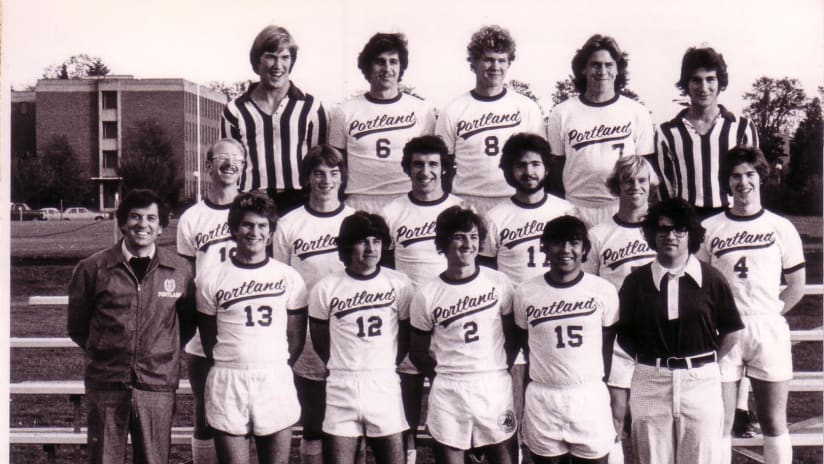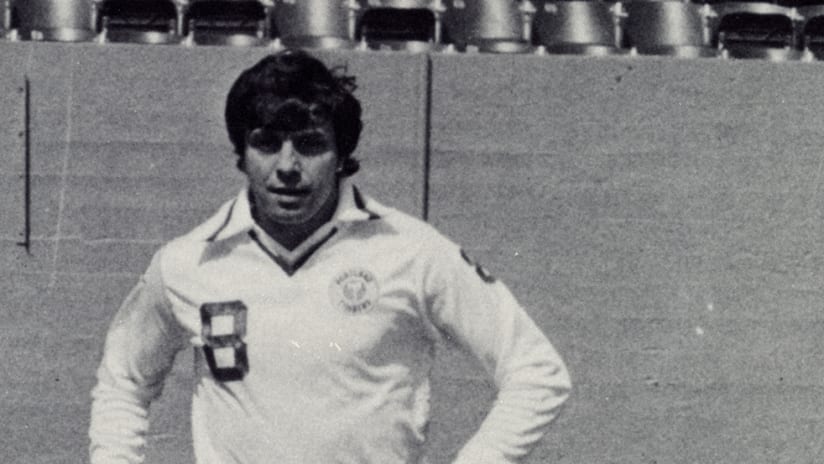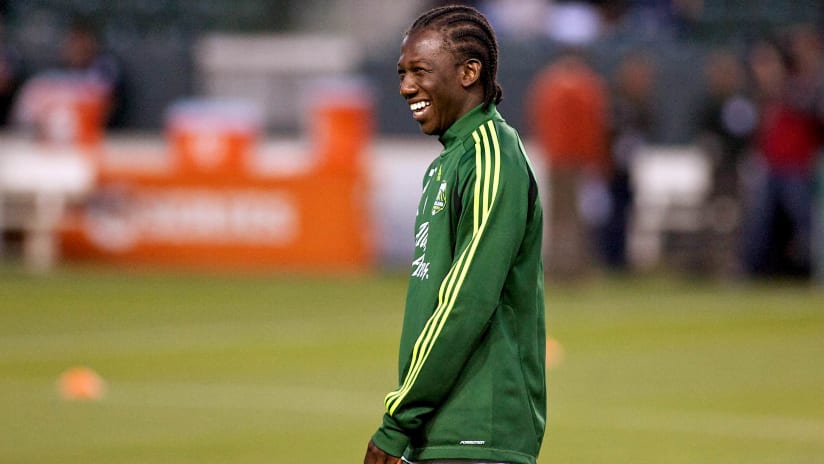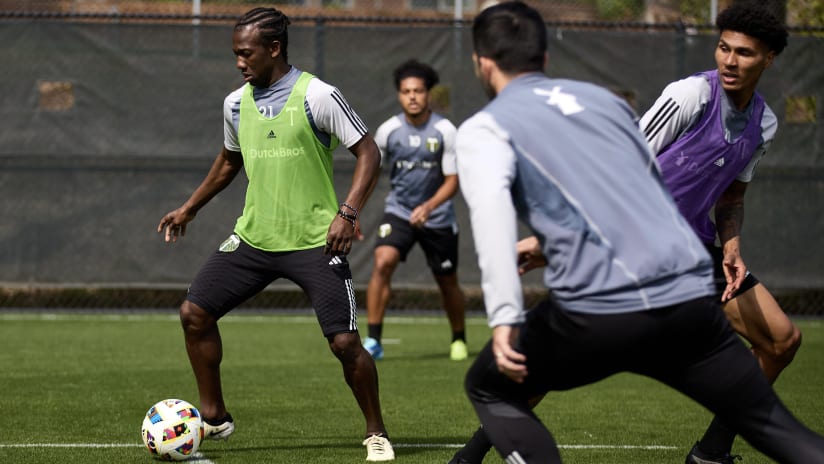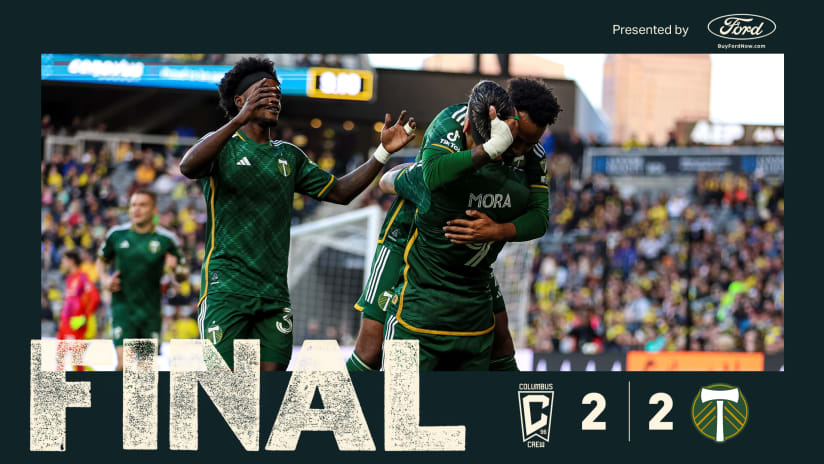It’s early November 2010 and new Portland Timbers head coach John Spencer is in his basement office underneath the northwest corner of PGE Park. From here the sounds of the ironworkers building the eastside stand and the Burnside traffic swishing past in the rain are blocked out. Spencer is tired, two days back from a scouting trip to South America, but he has a firm handshake and a bright, direct gaze.
As he looks forward to his first head coaching job in the MLS, Spencer, 40, is keen to get to work. He chuckles as an unseen hand in Chicago controls the cursor on his desktop computer. He is having Prozone installed, a software tool that all the big clubs in Europe, and many here, use to analyze their opponents. It allows coaches to download video of opponents shot with up to eight cameras so that each player can be scrutinized. There are statistical breakdowns of passing completion rates, set pieces, penalties…in fact everything that a coach could need to master the opposition.
“Say you were playing against Didier Drogba that week, you’d tell the team, ‘These are his movements, these are his favorite runs,’ and then work on stopping him,” says Spencer.
Typically, a coach will take 90 minutes of game video and pore over it for four or five hours with his staff, eventually cutting it down to 15 minutes that are shown on a projector to the team.
“The only problem is,” he says with a smile, “Everybody else has got this tool, too.”
For all the technical innovations seen since Spencer’s days playing for great coaches such as Graeme Souness, Glenn Hoddle and Walter Smith, soccer to him is essentially the same: attack and score.
Take a coach like Tottenham Hotspur boss Harry Redknapp whom Spencer admires tremendously both for his attacking, entertaining style and for his plain-spoken manner. Spencer and owner Merritt Paulson agree that in MLS, the Timbers will play an attacking game.
“I was an attacker myself and there’s nothing better than going out and hitting the back of the net,” Spencer said.
Video of his goals for the Colorado Rapids show a steely, aggressive player able to fire the ball home with confidence. He never got nervous when he had a chance in front of goal. His mantra was, “Head down, hit the target.”
“To entertain, first you have got to have the mentality, the discipline, and that comes from the coach,” Spencer said. “The fans work hard Monday to Friday and they deserve to be entertained, no different than going to the theater or a concert.”
He pledges that the staff will work hard for the fans, who impressed him with their noise and energy when he witnessed the final regular-season home game against Puerto Rico in September.
“They bounced on the spot for 90 minutes, and I want a team that reflects those fans.”
The coach has agreed with Gavin Wilkinson and Paulson that he will build a young team. Does that mean no big name European warhorses like Ljungberg, Angel, Henry, or Beckham will be playing out their days in Portland?
“I never say never. I could get three players who are 30-plus-years-old, but that’s a short term solution,” Spencer says. “Besides, it’s a young man’s sport.”
For now he is focused on the college players (also visible on Prozone) and the Expansion Draft.
“It’s complicated, but the draft system has been good to American sports,” he says. “I have no problem with it.”
As we sit in his office I remind him that the Manchester City v Manchester United game is about to start. He jumps up but Fox is showing Chelsea v Fulham instead. He leaves it on. “Chelsea is my team,” he says. This dates from his days playing for the West London side, before their recent glory days. He was profoundly influenced by Glenn Hoddle’s coaching. “We played a 3-5-2 formation, and sometimes a 3-4-3. It was entertaining, he wanted us to pass the ball when English football often was a lot of long ball stuff.”
Spencer quotes the famously successful English coach Brian Clough.
"If God had intended for us to play football in the clouds he wouldn't have put grass on the ground.”
As well as Redknapp, whom he admires for “throwing men forward and taking a gamble, the old West Ham United style of play,” Spencer also pays tribute to Sir Alex Ferguson.
“As a manager and a Scotsman, he’s a shining light. When you have 25 world-class players who are very rich individuals, how he manages to keep them motivated and happy I don’t know. I think there’s a bit of fear factor there,” he says referring perhaps to the famous Ferguson half-time roastings he gives failing players, rants that are known as the “hairdryer” for their in-your-face-style.
“But they have respect for Sir Alex for what he’s achieved. You can’t rule by fear, you rule by respect.”
The boss also admires Real Madrid and former Chelsea coach Jose Mourinho.
“His pursuit of success is unbelievable,” Spencer said.
Which brings up Spencer’s attitude to ambition.
“I have no ambitions to coach in Europe. I want to be here for a long time and I want to be known as the best coach the Timbers ever had.”
He tells his players that the ambition to merely be a professional footballer is inadequate.
“The question is what level do you want to play at? You could find a team and do that for $50 a week in South America. That’s professional.”
In a league where first team players can make as little as $40,000 a year, Spencer depends on native ambition.
“You can’t coach ambition,” he says.
Another thing Spencer says you can’t coach is flair. He doesn’t believe players like Lionel Messi and Cristiano Ronaldo plan their shoulder drops and stepovers in advance, it is natural ability and pure instinct.
“I tell my players to express themselves in the last third of the field. If that means it takes a back heel to make a pass, then go for it. But if they give the ball away I don’t want to see them with their hands up. They have to fall back and win it back.”
Defense starts from attack, he believes, and everyone must retreat and become “a horrible team to play against” when the Timbers don’t have the ball. “And,” he adds with a grin, “I don’t want my back four doing nutmegs. If you take chances and lose the ball and lose a goal, then you’re going to have to deal with me and the coaching staff at halftime.”
He’s made his home in the Portland area for three months now. One thing that has impressed him, both in Texas and Oregon, is seeing the public soccer fields in constant use.
“It’s not like that in Glasgow now. When I was a kid it was a privilege to play for our high school on a Saturday morning. Then you’d play for a club Saturday afternoon and Sunday we’d play with our mates. Now the fields around Glasgow are empty.”
He speculates that they’re probably inside playing video games or watching TV. “The weather’s not to blame. When we were kids we played in the rain.”
He speaks in a Glasgow accent that has been softened by his years away from the Gorbals, the working-class district where he grew up kicking a ball in the streets. His time in Colorado and Houston have seen his natural optimism flourish.
“We don’t want to become Euro snobs, always looking to what they’re doing over there,” Spencer said.
He’s an MLS man, and very much an American in his use of more-carrot-than-stick management methods. Spencer refuses to talk down to players, and prefers to have tough talks with them one-on-one.
“At the end I always ask, ‘Do you agree, do you understand where I’m coming from?’
“I don’t want to be a dictator because I’m asking them to express themselves. If you give players the respect you maybe earn some respect back.”
Even 19 year-olds with little experience?
“Why should it be different? I learned this from Houston, we treat every individual like I’d like my own son to be treated in a professional environment.” He adds, “Players are going to dislike you for not picking them. There’s no reason for them to dislike you for being a horrible person.”
At the end of the interview Spencer has his Prozone installation underway but he’s barely glanced at the Chelsea-Fulham game. The temptation to watch another match is always there, given the saturation coverage on cable.
“You can always learn something by watching a game,” he says. “But there are plenty of other things to do.”
His work ethic has flourished in the United States. “I’ve got to come in every day and earn the right to be here. If I don’t come in looking to how I can make this football club better, the owner will fire me, simple as that.”
As for the 2011 season, the coach is sanguine about the Timbers’ chances.
“Are we going to win an MLS Cup in the first year? It’s highly unlikely. But why shouldn’t our goal be the same as every other team’s – to make the playoffs? And once you’re in, anything can happen. Last year Real Salt Lake scraped into the playoffs and had penalty shootouts on the way to winning it. But the record book, all it says is ‘Real Salt Lake: MLS Cup winners.’”

